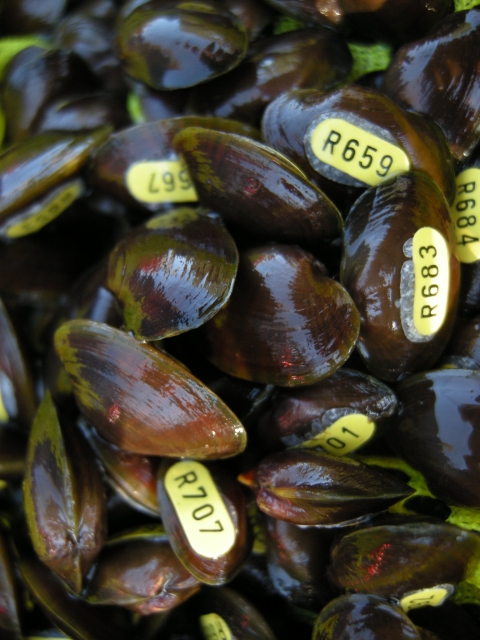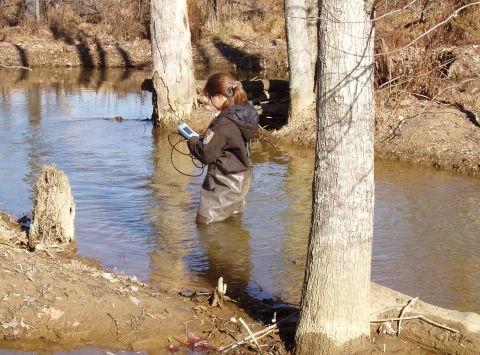Our Services
Endangered Species Program/Conservation Planning Assistance
The Endangered Species program of our office is primarily responsible for the conservation and recovery of federally listed species and their habitats. This includes reviewing public and private projects that may affect federally listed species.
The Conservation Planning Assistance program (formally Federal Activities) reviews other federal programs such as U.S. Army Corps of Engineers wetland permits and Federal Highway Administration projects. Step-by-step guidance for project package submittal can be found by clicking the "Project Review" link in the Table of Contents on the left side of the page.
Partners for Fish and Wildlife
Initiated in Virginia in 1989, the Partners for Fish and Wildlife Program (PFW) provides technical and financial assistance to private landowners to restore and enhance fish and wildlife habitat on their property. Partnerships are a key component of the program and can be with various entities including, but not limited to, other federal agencies, state and local governments, non-profit organizations, educational institutions, and private landowners.
The program in Virginia focuses on projects that benefit federally listed, proposed, and at-risk species, with an emphasis on freshwater fish and mussels. We have identified several watershed and species-based areas in Virginia comprising 7 priority areas within the state. A map of the Virginia PFW priority areas is available for more information. We focus efforts in these areas, but may work outside of priority areas.
Environmental Response and Restoration
Environmental Response and Restoration includes Spill Response and Preparedness, Natural Resource Damage Assessment and Restoration, and technical assistance.
Spill Response and Preparedness
The Spill Response and Preparedness program's goal is to protect fish and wildlife resources during oil and hazardous waste spills in coordination with federal and state agencies. Our biologists are trained to respond to oil and other hazardous material spills throughout Virginia and offshore, including working with state and federal agencies to keep oil away from areas where migratory birds and other wildlife are located; deterring birds or other wildlife from entering areas affected by oil; and overseeing bird rehabilitation efforts. In order to be prepared for spills, we participate on local committees to identify fish and wildlife and sensitive environments and prepare strategies for protecting and treating them.
Natural Resource Damage Assessment and Restoration
The Natural Resource Damage Assessment and Restoration (NRDAR) program plays a major role in restoring habitats and natural resources destroyed or degraded by oil spills or hazardous waste. NRDAR biologists work with state and other federal natural resource agencies to assess the injury, develop the claim, and plan and implement restoration activities to compensate for injury to fish, wildlife and their habitats from the released contaminant(s). For information about specific cases in Virginia, search the U.S. Department of Interior's NRDAR Case Document Library and Mapper that contains relevant information and documents related to damage assessment, claim resolution, restoration planning and implementation, monitoring, and case closure.
Environmental Contaminants Technical Assistance
Environmental Contaminant biologists provide a wide variety of technical assistance to other US Fish and Wildlife Service programs, or other federal or state agencies, for issues requiring contaminants expertise.


